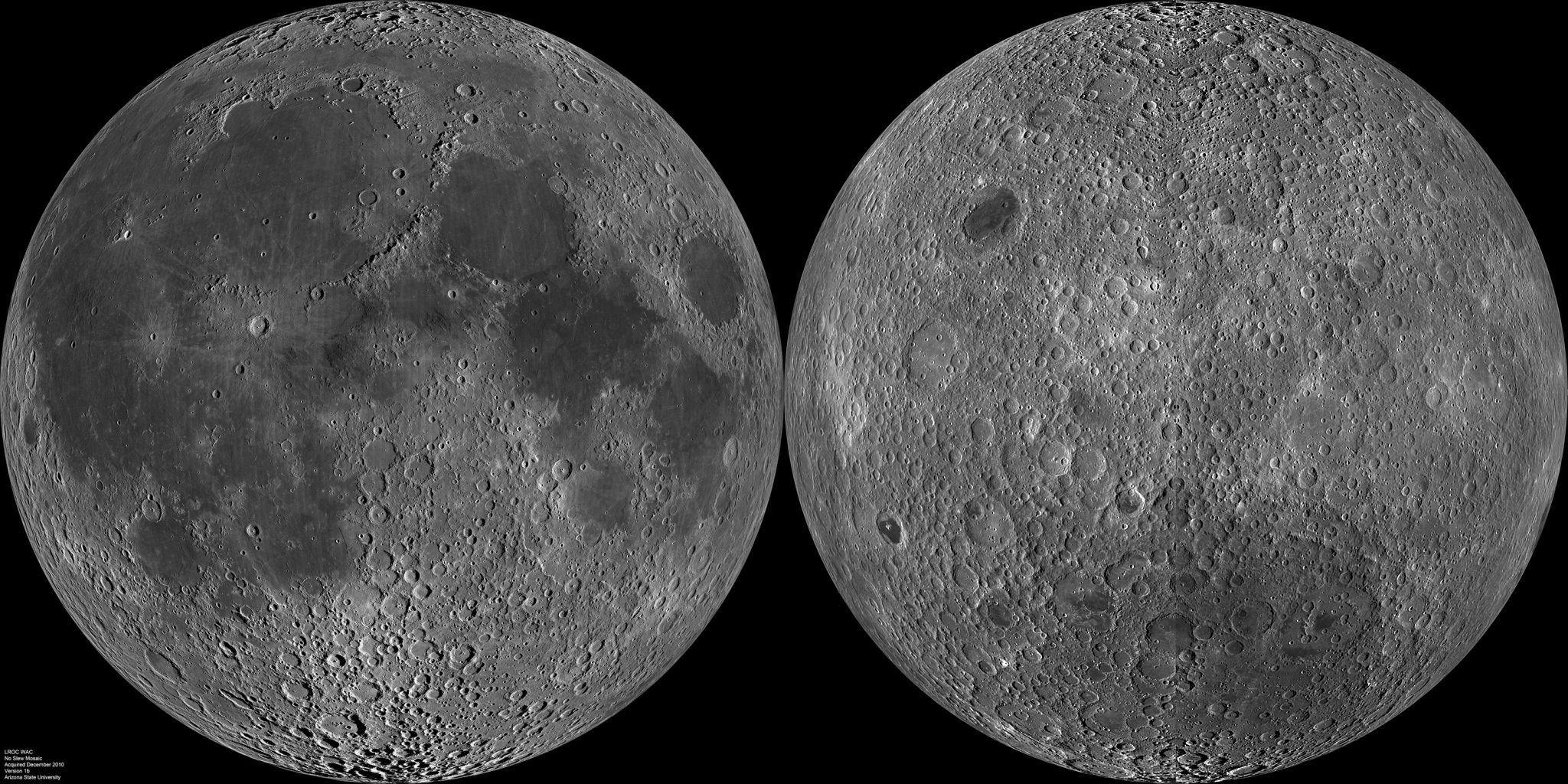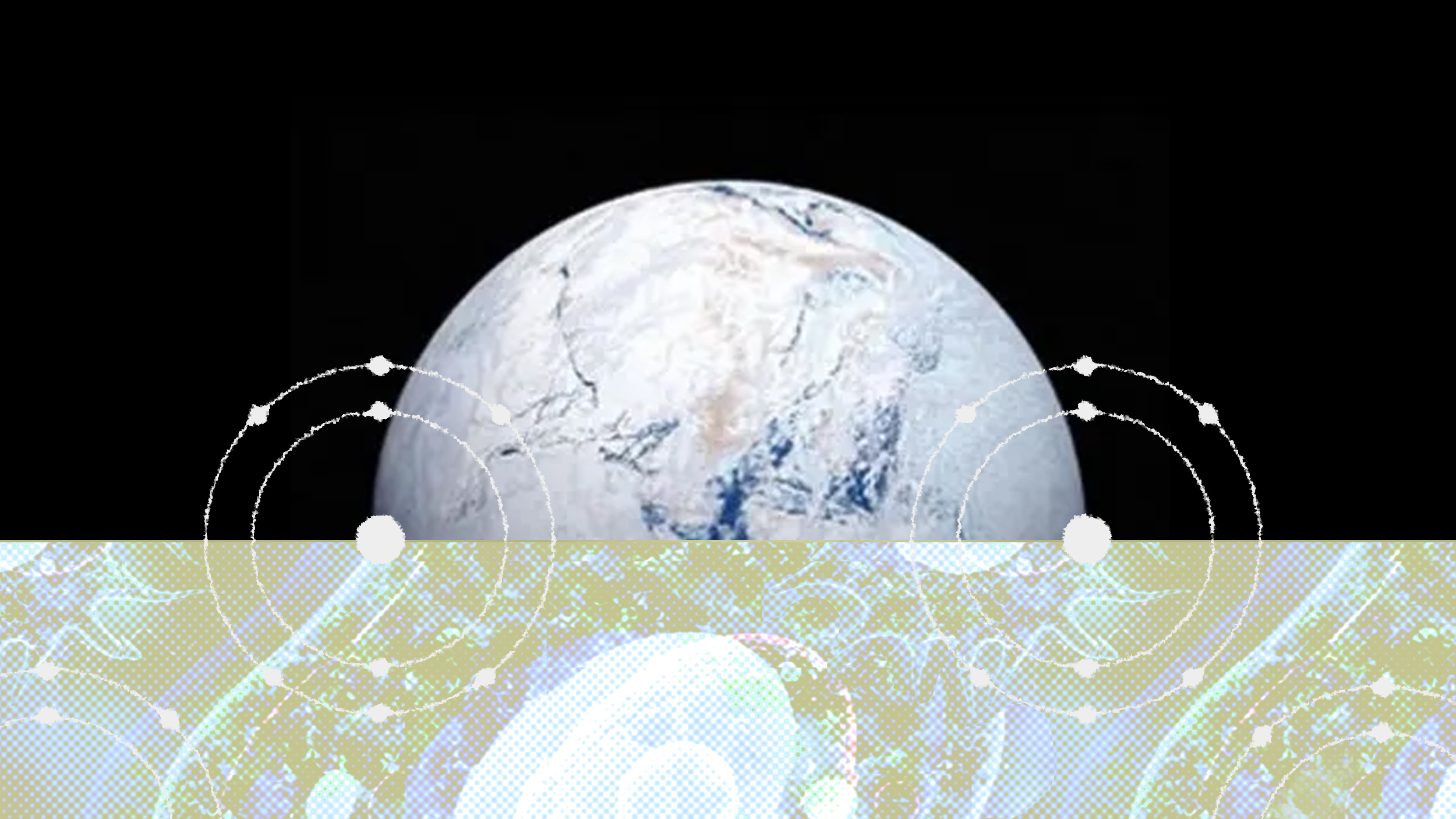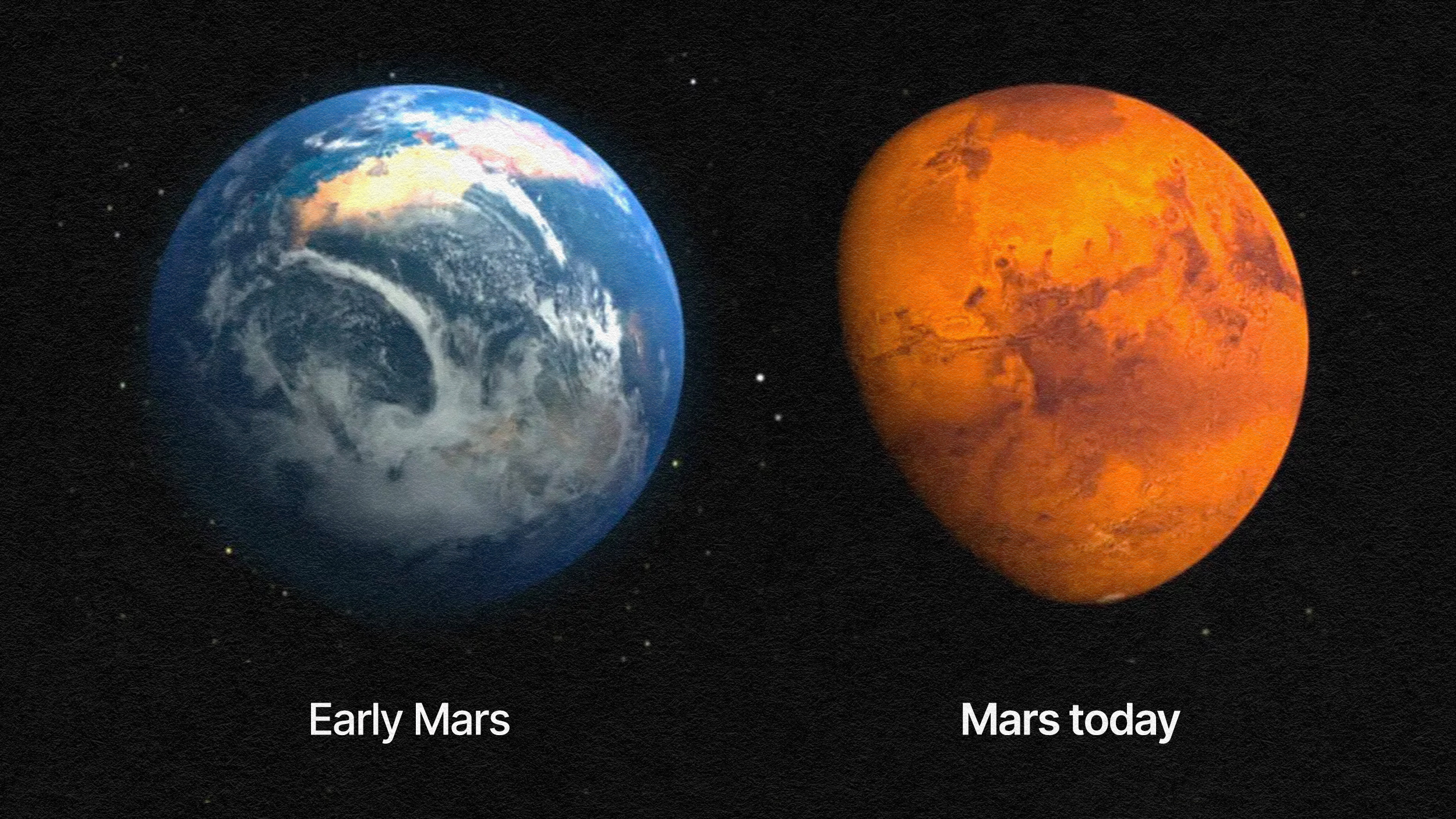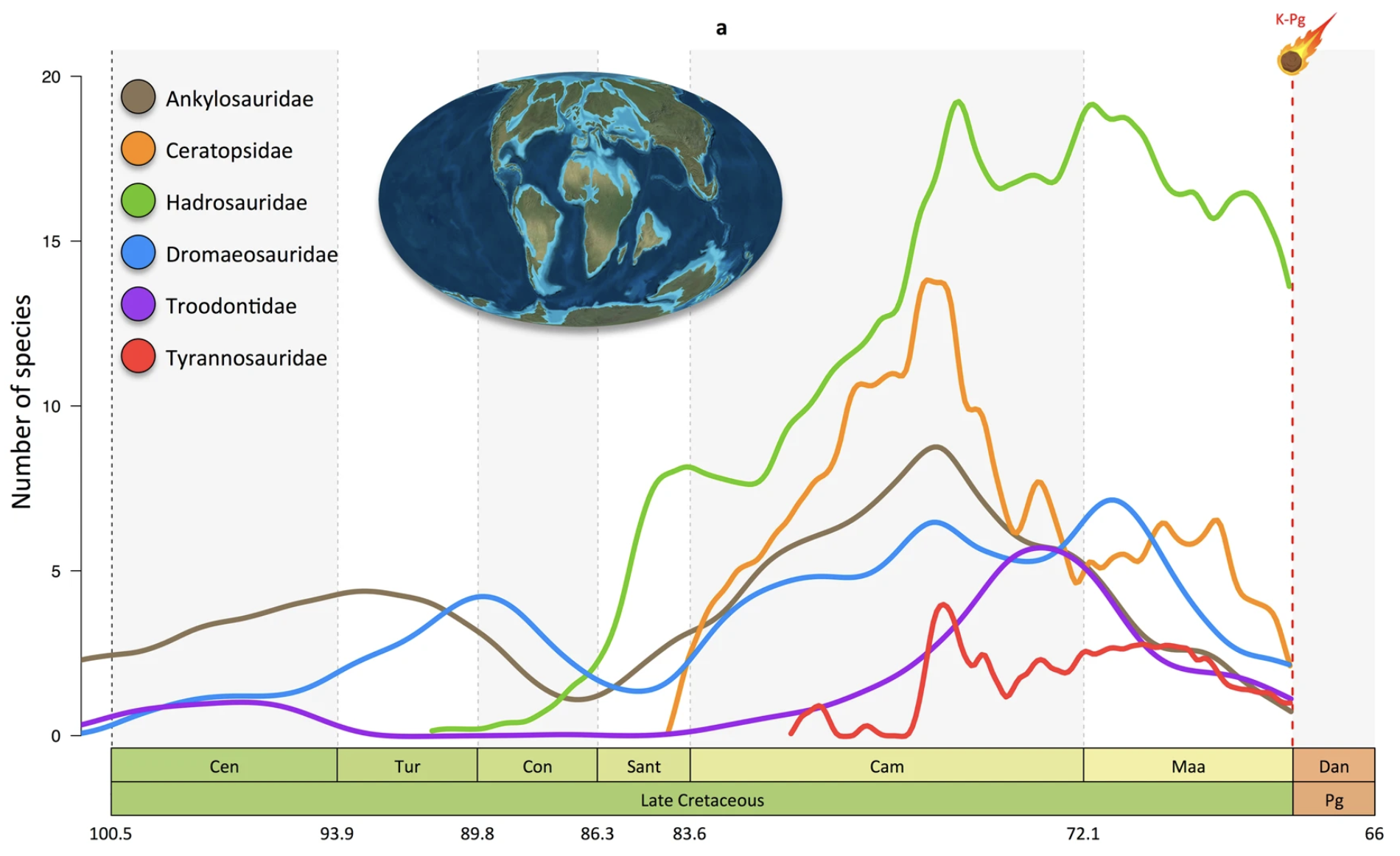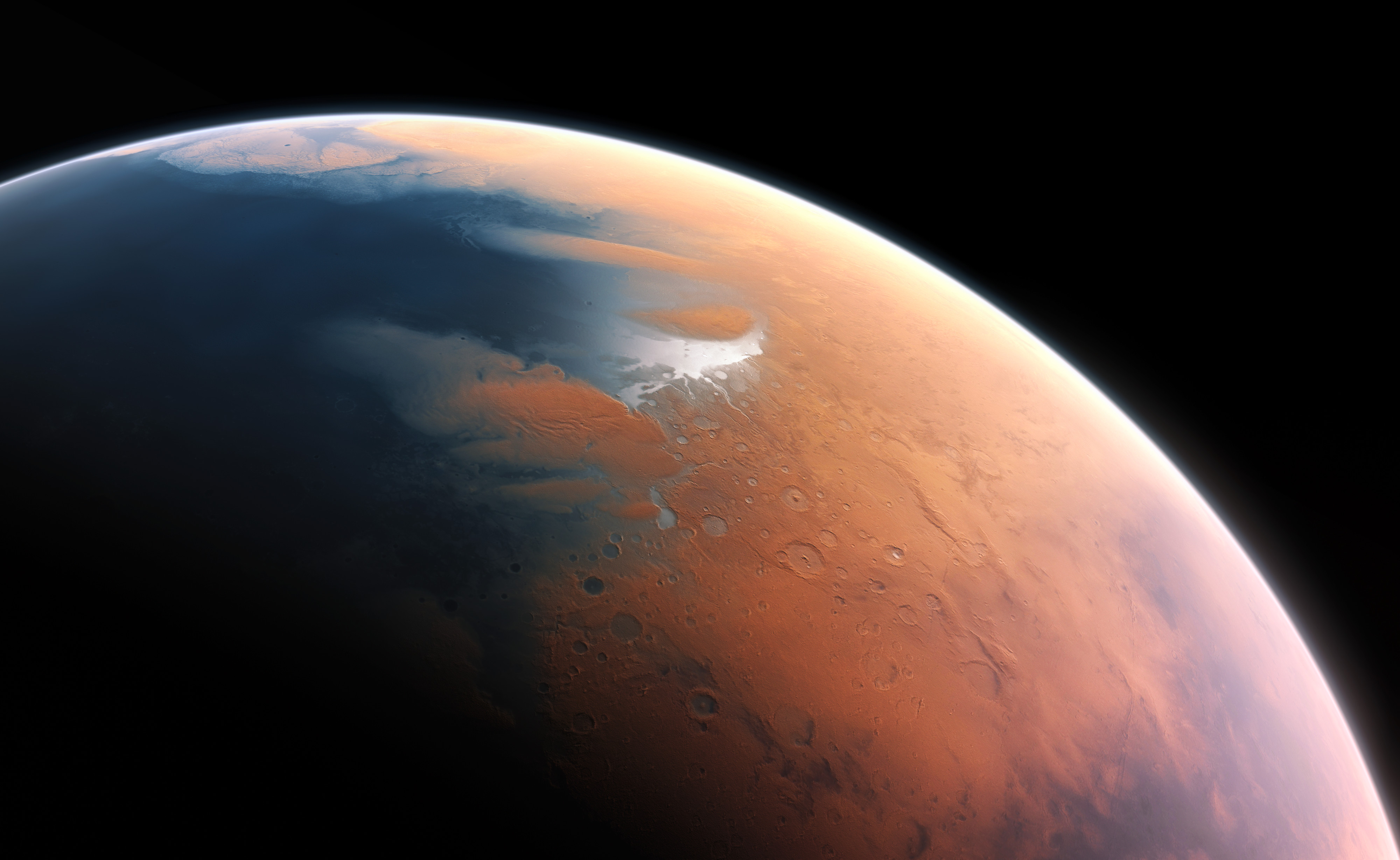What Killed the Dinosaurs? Volcano, Asteroid, or Both.

Sixty-six million years ago a cataclysmic event caused an entire population to go extinct. We know them today as the dinosaurs, but the reason for their extinction has divided the scientific community into two main camps: by asteroid or by volcanic eruption. The latter camp has discovered new evidence that may tip the scales in their favor, or at least balance the argument for the less-popular theory.
Joel Achenbach of the Washington Post writes on a recent paper published in Science that discusses the latest dinosaur extinction discovery that has come out of India. The new evidence comes from within the Deccan Traps, a geological formation that covers 200,000 square miles around Mumbai. The area was created by a volcanic eruption. Scientists were able to date the crystal samples from the site, which contain trace amounts of uranium that have since decayed into lead. Because it’s well-known how long uranium takes to decay, scientists were able to pinpoint when the volcano began its devastating eruption 250,000 years—before the extinction event. But it ended around 500,000 years after, adding an interesting twist.
The popular belief held by scientists has been that an asteroid hit the coastal line of the Yucatan peninsula, disrupting the Earth’s climate, causing the dinosaurs to die off. However, this new evidence has Blair Schoene, lead author of the paper and a Professor of Geosciences at Princeton, favoring both catastrophes as the cause for the mass extinction.
“Both are potentially really important. I don’t know if we can say the extinction would have or would not have happened without both of them.”
“I sort of favor the one-two punch idea.”
His co-author, Gerta Keller, has a more one-sided view of the event, maintaining the theory that the Deccan Traps eruption caused the mass-extinction. She views that the asteroid impact happened too early to cause the die-off and sees the findings in India as strength in the case that a volcanic eruption was the extinction event.
Others in the community believe that there’s already enough evidence with the asteroid theory, why dig any deeper? Achenbach believes it conflicts with scientists’ preference to keep it simple, when a volcano only muddies the waters. But some persist in adding the volcano possibility into the equation–perhaps the asteroid caused a chain reaction that jolted the volcanoes, or maybe a virus was also in the mix. The bottom line is it’s not certain.
The extinction event for the dinosaurs is not an open-and-shut case to say the least, new evidence will likely surface sometime in the future that will leave scientists to debate for years to come.
Read more at Washington Post
Photo Credit: Shutterstock
